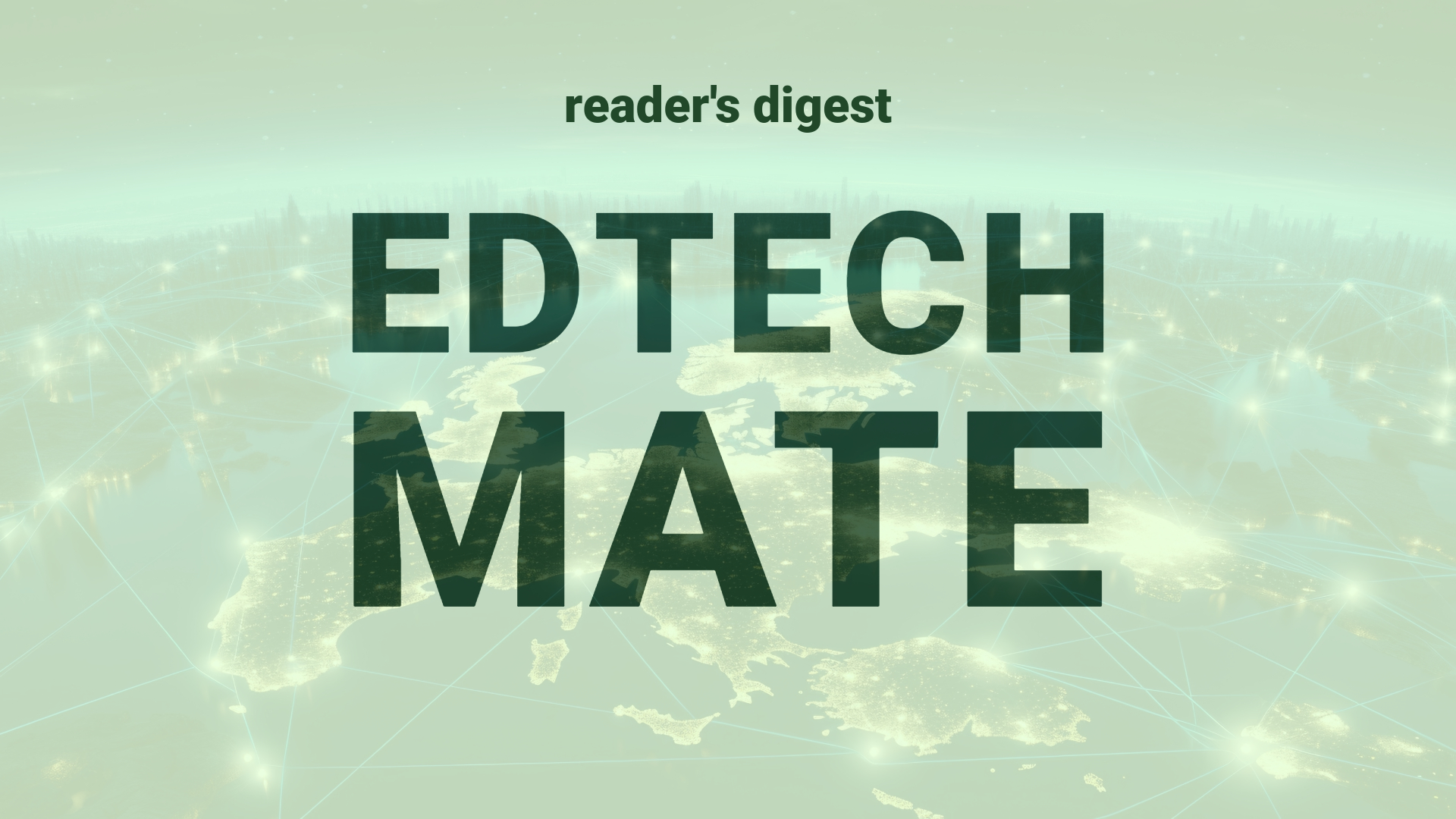Executive Summary and Main Points
In the realm of global higher education, digital transformation continues to be a driving force behind pedagogical innovations and strategic realignment. As international education systems integrate digital tools and AI, the focus is not only on technological progress but also on maintaining and improving human-centric interactions. The increased use of AI and various digital platforms offers several opportunities to enhance learning experiences, streamline administrative processes, and personalize educational content.
Potential Impact in the Education Sector
These technological advancements can revolutionize Further Education and Higher Education by facilitating blended learning models and fostering collaborative international research. Micro-credentials could become more prevalent, providing flexible, skill-specific learning pathways. Strategic partnerships between educational institutions and tech companies could yield sophisticated Learning Management Systems and AI-driven educational tools, potentially leading to more engaging and effective learning environments.
Potential Applicability in the Education Sector
Innovative applications like AI-powered tutoring systems, predictive analytics for student success, and automated administrative tools can make global education systems more efficient and responsive. Embedding AI in curriculum development could tailor content to fit diverse learning needs, while digital tools could aid in creating global classrooms that overcome geographical boundaries, fostering international collaboration and cross-cultural understanding.
Criticism and Potential Shortfalls
Critics may point out that an over-reliance on technology could lead to a diminished role for educators and potential privacy concerns. Ethical considerations regarding AI and data security must be assessed, particularly within different cultural contexts that may have varying degrees of openness to data sharing. International case studies reveal disparities in access to technology, potentially magnifying educational inequalities rather than alleviating them.
Actionable Recommendations
To implement these technologies effectively, international education leadership should foster an ecosystem that values both technological and pedagogical innovation. Initiatives could include investing in robust IT infrastructure, providing professional development for educators in digital literacy, and creating policies that prioritize ethical data use. Collaborative efforts should aim to reduce the digital divide and make these tools accessible across diverse educational landscapes.
Source article: https://hbr.org/2024/04/what-to-do-when-your-team-blames-you

